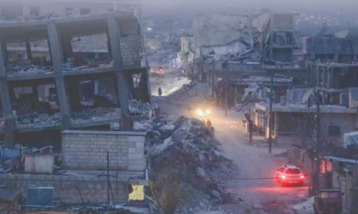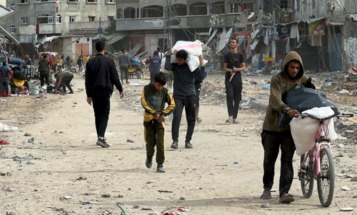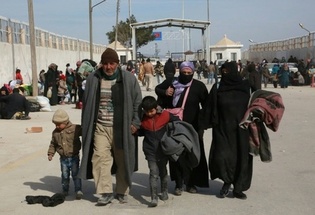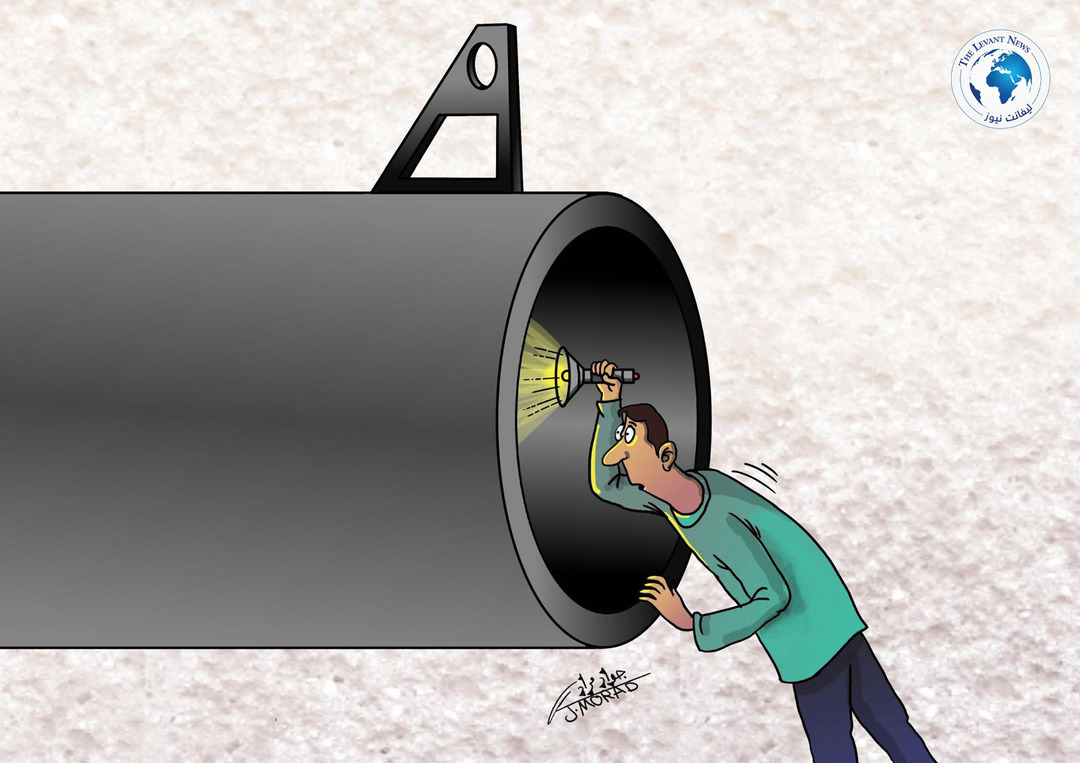-
First coronavirus death outside Asia as China toll leaps past 1,500
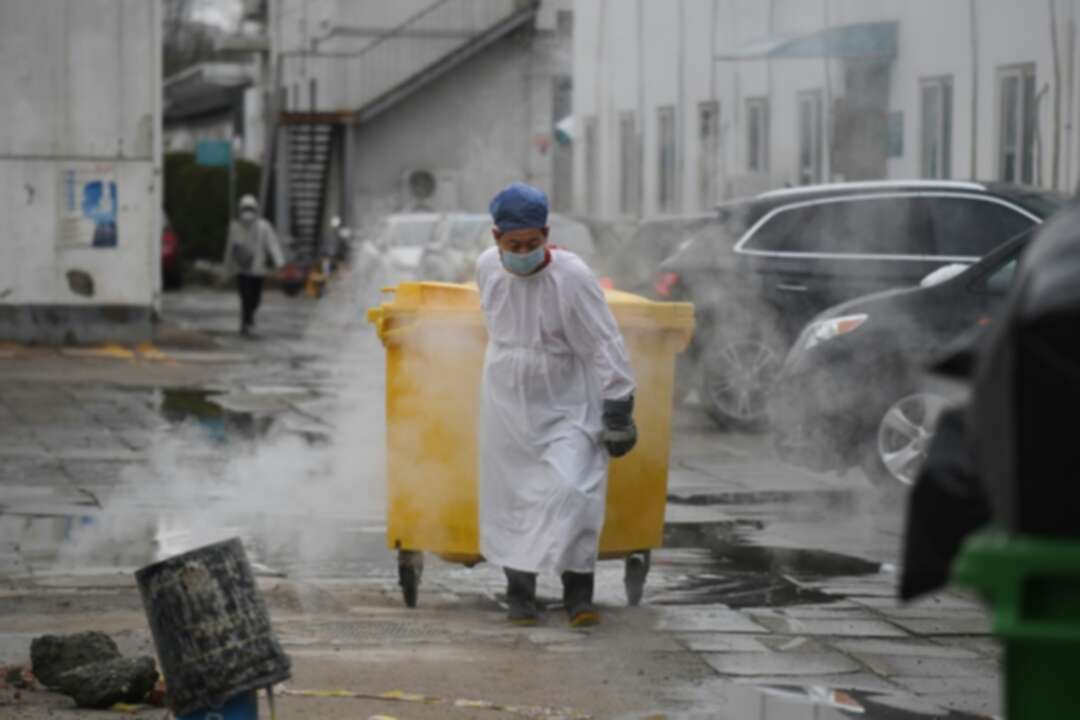
The death toll from the new coronavirus outbreak jumped past 1,500 in China on Saturday as France reported the first fatality outside Asia, fuelling global concerns about the epidemic.
More than 66,000 people have now been infected in China from a virus that emerged in central Hubei province in December before spreading across the country and some two dozen countries.
Amid criticism over the handling of the crisis, Chinese President Xi Jinping called for tighter policing to protect social stability, while Beijing ordered people returning to the capital to self-quarantine for 14 days in the latest drastic measure aimed at containing the virus.
In France, an 80-year-old Chinese tourist died from the new coronavirus, French Health Minister Agnes Buzyn said.
Only three other deaths have been recorded outside mainland China -- in the Philippines, Hong Kong and Japan.
The death toll in China, meanwhile, rose to 1,523 after 143 more people died in the country, most in Hubei.
Several countries have banned arrivals from China and major airlines have cut services with the country.
The biggest cluster outside China is on a quarantined cruise ship off Japan, with 285 infections now as dozens more cases were confirmed. The US embassy said it would evacuate Americans stranded on the vessel, who would face a further quarantine of two weeks in the United States.
The virus spread last month as millions travelled across the country for the Lunar New Year, which was extended by three days -- more than a week in some cities -- in an effort to prevent further contagion.
People have slowly started to return to work in the past two weeks, though many are doing their jobs from home and schools remain closed.
Beijing's municipal government enacted a rule on Friday requiring all people coming to the capital to quarantine themselves for 14 days, warning that violators would be punished, according to official media. It was unclear how authorities would enforce the measure.
Chinese authorities have placed some 56 million people in Hubei and its capital Wuhan under quarantine, virtually sealing off the province from the rest of the country in an unprecedented effort to contain the virus.
A number of cities far from the epicentre have also imposed tough measures limiting the number of people who can leave their homes.
Battling the outbreak is a "big test for the country's governance system and governance ability," Xi said in a Communist Party central committee meeting on Friday.
The government must "increase use of police force and strengthen the visible use of police," to ensure stability during the crisis, Xi said in a February 3 speech published by state media on Saturday.
In another drastic preventive measure, China's central bank said Saturday that used banknotes were being disinfected with ultraviolet light or high temperatures, and stored for up to 14 days before they are put back into circulation.
The scale of the epidemic ballooned this week after authorities in Hubei changed their criteria for counting cases, retroactively adding thousands of new patients to their tally.
Hubei added more than 14,000 cases in a single day this week after officials there started counting people clinically diagnosed through lung imaging, in addition to those with a positive lab test result.
On Saturday, the National Health Commission reported 2,641 new cases of the COVID-19 strain, with the vast majority in Hubei.
The number, however, was almost half those reported the previous day.
"We're seeking further clarity on how clinical diagnosis is being made to ensure other respiratory illnesses including influenza are not getting mixed into the COVID-19 data," said WHO chief Tedros Adhanom Ghebreyesus.
The number of new confirmed cases has been steadily falling outside Hubei, with 221 infections reported on Saturday.
A top Chinese scientist had predicted that the epidemic could peak by the end of this month after the number of new cases had fallen earlier in the week.
The WHO has cautioned that it was "way too early" to make any predictions about the disease's trajectory.
An international team of WHO experts will arrive in Beijing this weekend for a joint mission with Chinese counterparts.
The joint team will inspect three provinces and cities to review the prevention and control measures, visit research centres, and make recommendations for containing the epidemic, according to National Health Commission spokesman Mi Feng.
source: AFP
Tags
You May Also Like
Popular Posts
Caricature
opinion
Report
ads
Newsletter
Subscribe to our mailing list to get the new updates!

